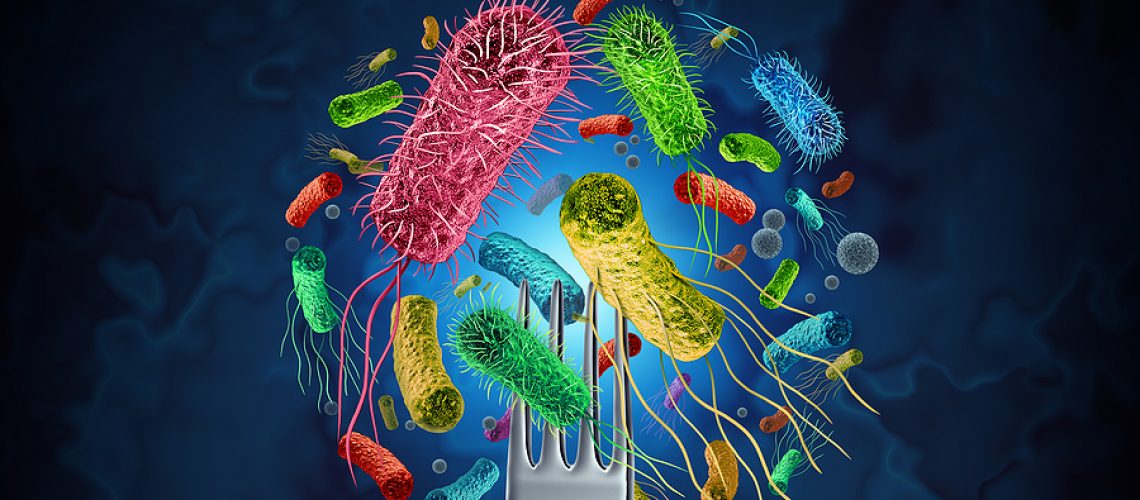Major problems remain in Poland’s beef and poultry meat inspection system, according to the European Commission’s Health and Safety Agency.
A remote audit by DG Sante that took place in Poland in October 2021 followed two audits in 2019 on beef and poultry meat and made nine recommendations.
In 2019, a Polish television program showed practices at a beef slaughterhouse that indicated violations of EU animal welfare law and possibly food safety legislation.
DG Sante stated that several measures were implemented to address the findings made during the beef and poultry audits. However, other deficiencies were not addressed by the Polish authorities.
Beef audit results
A draft law announced in the Polish authorities’ action plan was suspended because of the high financial cost.
The number of authorized veterinarians has increased since the beef audit from about 3,300 in 2019 to 5,800 in 2021, but the official staff in the main authority has decreased.
At the time of the audit, authorized veterinarians’ salaries were based on the number of animals slaughtered, creating a conflict of interest.
“The reduction in staff in the competent authorities leads to a further reduction in the supervision of official controls at various levels and, in particular, in the supervision of what has become a significant increase in the number of authorized veterinarians. This further compromises the assurance of correct and effective performance of official controls,” the auditors said.
In the last audit, the fees charged to food businesses for the inspection of adult cattle in slaughterhouses remained unchanged from the 2019 beef audit, and are therefore below the EU minimum rates. This also affects the resources available to the competent authority, auditors said.
Polish officials said the law was signed in July 2022 to ensure that people who perform official inspections, including veterinarians, are free of conflicts of interest and that fees charged by companies are updated. Plans to change salaries linked to the number of animals slaughtered are also in the works.
A lack of enforcement in the area of animal welfare for cattle was also noted.
“The lack of sanctions for operators who violate animal welfare regulations not only provides an incentive for these operators to continue to ignore these regulations but is also likely to affect the willingness of inspection personnel to pursue such cases when they are systematically dismissed by the judiciary,” the report states.
Salmonella is still a problem in the poultry sector
The audit found that while measures included in the poultry action plan, as well as additional increased official sampling, have been implemented, salmonella contamination remains a problem.
Inadequacies were found in the design and official controls of Hazard Analysis and Critical Control Points (HACCP) plans and in the reliability of certain private laboratories that test for Salmonella.
Establishments were approved even though HACCP-based procedures were not adequate and related problems went undetected during official inspections. These included improper identification of microbiological hazards and measures to control or eliminate them and lack of an established HACCP team.
The high average line speed of 11,500 birds per hour was also cited as a problem, as it was not possible to perform carcass inspection reliably.
“The significant deficiencies identified in the design and implementation of HACCP plans indicate that both food operators and competent authority personnel are unable to properly assess the adequacy of these plans. Coupled with the inadequate identification of the source of contamination, the measures taken by food businesses and competent authorities are not effective enough to prevent recurrence and/or are not taken promptly,” the audit report states.
Polish officials said training workshops would be held from September to November and an online training platform would be made available.
DG Sante said that salmonella contamination remains a serious problem that has been detected repeatedly in some farms over several years. This indicates that the risk is not being properly managed.
Data provided to the audit team showed that about 15 percent of the results of self-checks were negative and did not match the results of official sampling conducted in parallel, which was positive in 2018.
A tightened sampling plan at six farms with a high number of RASFF notifications requires all lots produced to be officially tested.
An inspection report from one establishment involved in multiple RASFF notifications since 2019 found poor hygiene in slaughter processes and discrepancies between the results of self-checks and official testing, raising concerns about the reliability of the former, and the procedure for product recalls did not meet legal requirements. In September 2021, the authorities ordered the closure of part of the farm’s activities.
J. Withworth. (2022) EU return audit to Poland finds unresolved issues; Salmonella in poultry still a problem. Food Safety News. From: https://www.foodsafetynews.com/2022/10/eu-return-audit-to-poland-finds-unresolved-issues-salmonella-in-poultry-still-a-problem/


